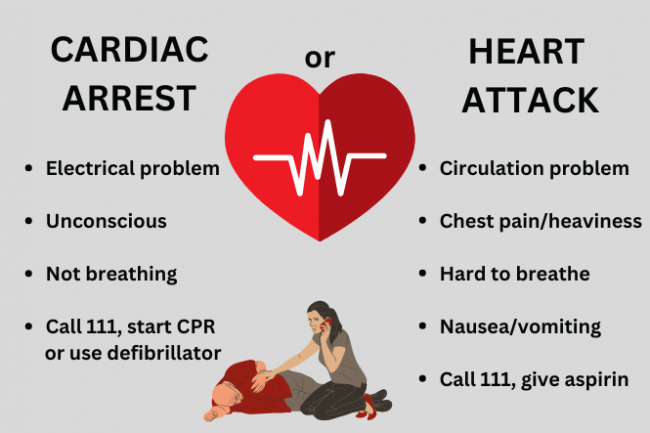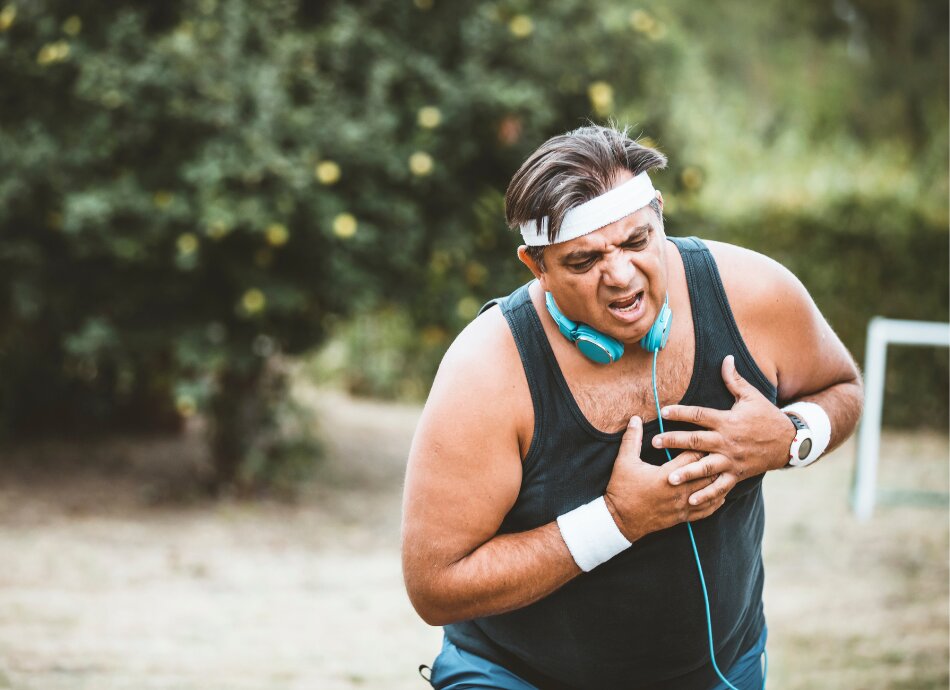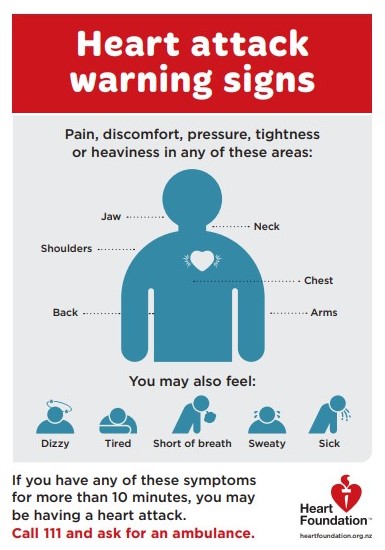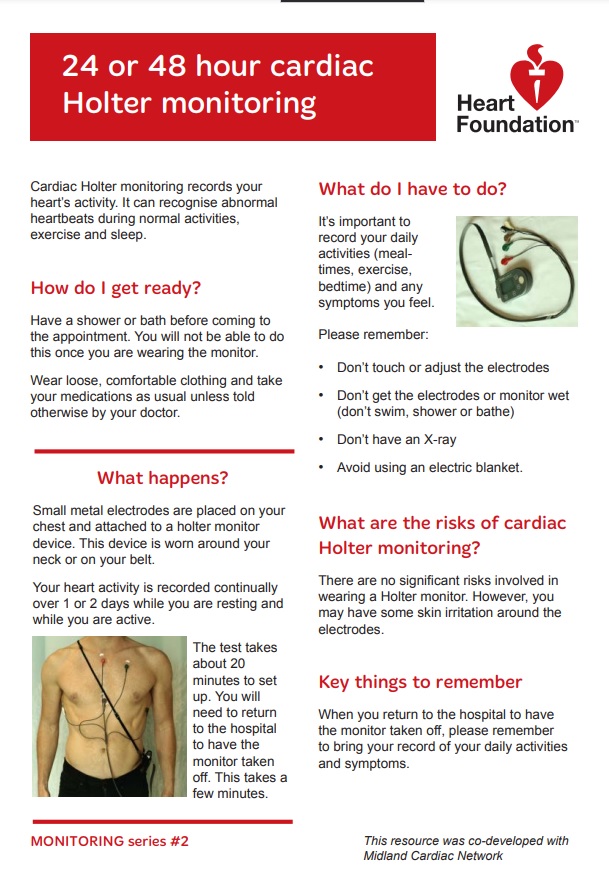
Image credit: Healthify He Puna Waiora, NZ
The terms "heart attack" and "cardiac arrest" are often used interchangeably, but they are 2 different conditions. What they are and how they are related to each other is described in the table below.
| Cardiac arrest | Heart attack | |
| What is it? | Cardiac arrest is when your heart stops beating unexpectedly. | A heart attack occurs when blood flow to part of the heart is blocked. |
| Why does this happen? | Cardiac arrest is triggered by a problem with the electrical system that keeps your heartbeat regular. This causes the heartbeat to become irregular and stops the heart being able to pump blood around the body. | A heart attack is a problem with circulation (blood supply to your heart muscle). During a heart attack, a blocked artery prevents oxygen-rich blood from reaching a section of the heart. If the blocked artery is not reopened quickly, that section of the heart begins to die. |
| How are cardiac arrest & heart attack related? | Most heart attacks don't lead to cardiac arrest. However, when cardiac arrest does occur, heart attack is a common cause. Cardiac arrest is also caused by other conditions which disrupt the heart's rhythm. | |
| What are the symptoms? | Within seconds, someone having cardiac arrest becomes unresponsive. They stop breathing. Without treatment, death will occur within minutes. | Symptoms of heart attack may be immediate or delayed and may include intense discomfort/pain (pressure or heaviness) in the chest and upper body, shortness of breath, cold sweats and nausea/vomiting. |
| Unlike cardiac arrest, the heart does not normally stop beating during a heart attack. However, the longer the person goes without treatment, the greater the damage to the heart. | ||
| What to do? | Call 111 and ask for an ambulance. Start CPR immediately. If a defibrillator is available, use it as soon as possible. | Call 111 and ask for an ambulance. If available, chew 1 aspirin (unless you have been previously advised not to take aspirin). |








